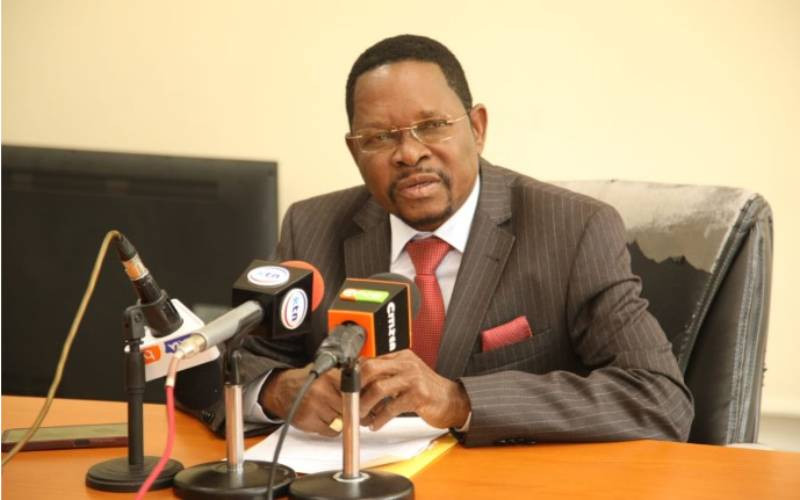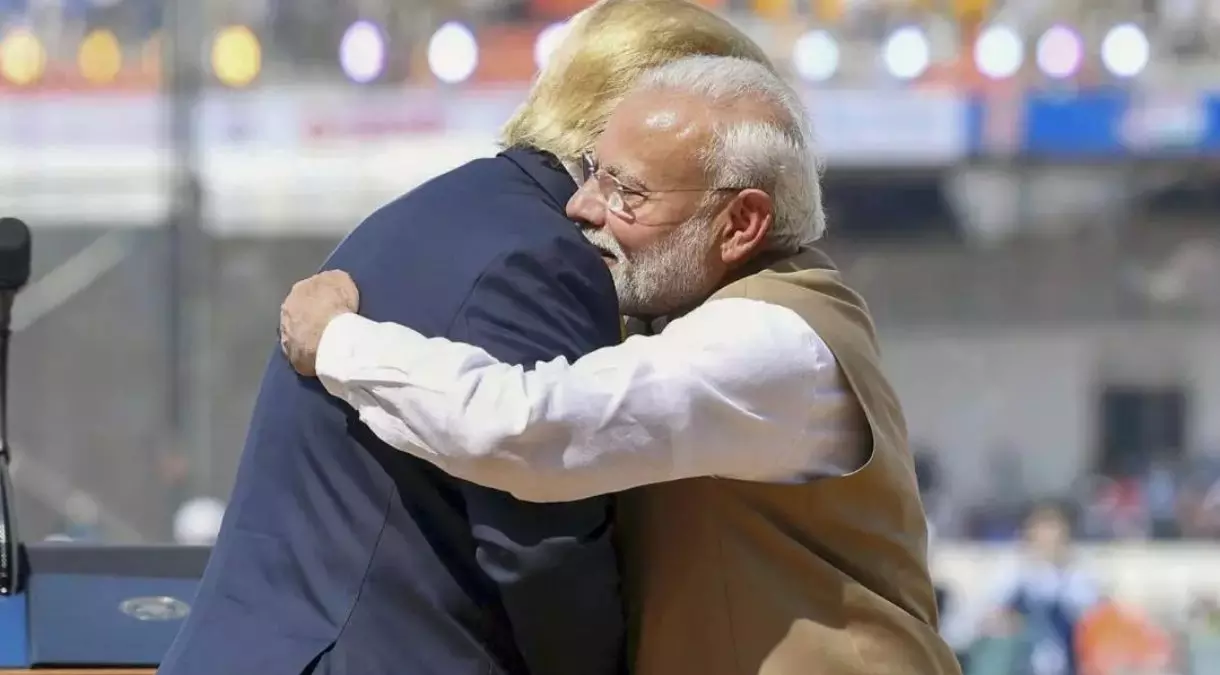Espionage Unmasked: UK Rocked by China Spy Scandal as Tory MP Claims Bugged Hotel Room

The abrupt collapse of a high-profile espionage case against two British citizens, Christopher Cash and Christopher Berry, accused of spying for China, has triggered a significant political scandal and intense scrutiny of Prime Minister Keir Starmer's government. The decision to drop the charges, just weeks before the trial was set to begin, has been met with widespread condemnation and accusations that the government deliberately undermined the prosecution by refusing to officially designate China as a national security threat.
Prime Minister Starmer has publicly claimed that the case collapsed because the previous Conservative government failed to designate China as a national security threat during the period of the alleged offences (between 2022 and 2023). Starmer asserted that without China being officially deemed an 'enemy,' the chances of conviction under the Official Secrets Act were significantly reduced. He stated, “You can’t prosecute someone two years later, in relation to a designation that wasn’t in place at the time,” placing the blame squarely on the Tories for the trial's failure.
However, this explanation has been vehemently rejected by a broad spectrum of political figures and national security experts. Former Tory leader Iain Duncan Smith and Shadow Home Secretary Chris Philp directly accused Starmer of lying. Their concerns were echoed by an unprecedented chorus of recently retired Whitehall 'panjandrums,' including ex-intelligence chiefs, former senior civil servants, and another one-time Director of Public Prosecutions (DPP), Ken Macdonald. They collectively challenged and effectively dismantled Starmer’s account, citing overwhelming documented evidence that contradicted his claims.
Official government reviews and intelligence assessments consistently identified China as a national security threat well before and during the alleged spying period. The Conservative government's 2021 review of security and defence unequivocally stated that China presented “the biggest state-based threat to the UK’s economic security,” adding that “the distinction between economic and national security is increasingly redundant.” This designation was reiterated in 2023, affirming that Beijing's ambitions posed “a national security threat” to the UK and pledging to increase national security protections against Chinese Communist Party actions. Intelligence leaders, including former heads of MI6 and MI5, had also publicly described China as a primary threat for years. Richard Dearlove, who led MI6 between 1999 and 2004, deemed the notion that “China is not a threat to national security when it’s acting in this manner is completely absurd.”
A key point of contention also revolved around the interpretation of an appeal court ruling in another spy case involving Bulgarians in a Russian spy ring. While the government suggested this ruling raised the threshold for spy convictions by requiring a clear 'enemy' designation, critics, including Jonathan Hall KC, the independent reviewer of terrorism and state threat legislation, argued the opposite. Hall noted that the appeal judge ruled “any state which presently poses an active threat to the UK’s national security can properly be described as 'an enemy' in ordinary language,” effectively lowering, not raising, the bar for such prosecutions and expanding the legal test for determining an 'enemy.'
The alleged spies, Christopher Cash, a parliamentary researcher, and his friend Christopher Berry, an English teacher, had strenuously denied charges brought under the Official Secrets Act. Mr. Cash was deeply embedded in government policy, serving as director of the China Research Group, an influential body established by Tory MPs to shape policy on China. In this role, he received high-level briefings from former MI6 spies, ambassadors, and ministers, giving him extraordinary access to intelligence on China-related policies. His responsibilities included working on key decisions such as the TikTok ban on government devices and exposing covert Chinese police stations in the UK. He cultivated an extensive network, engaging with top China experts, academics, think-tanks, intelligence officials, civil servants, and industry leaders, information that Ms. Kearns described as “gold dust” for Beijing.
Alicia Kearns, Shadow National Security Minister and former chairman of the foreign affairs committee, was Mr. Cash's employer and a key witness in the collapsed trial. She recounted her shock and feelings of betrayal upon learning that her trusted aide was a suspected traitor. Ms. Kearns revealed she was explicitly targeted in the alleged spying operation, with details of her hotel stay in Taiwan being compromised. Chinese authorities had issued threats prior to her December 2022 trip, warning of “repercussions.” This personal breach left her fearing for her safety, and that of Chinese dissidents, victims of “transnational repression,” and others Mr. Cash met through his work, whose security could now be at risk. She passionately argued that the China Research Group's effectiveness in influencing policy made it a prime target for hostile states.
A significant suspicion surrounding the case's collapse is that the Starmer government deliberately interfered to protect its efforts to foster a “new era of good feelings” with China, aiming to inject growth into the British economy through Chinese investment. This diplomatic pivot is reportedly spearheaded by Jonathan Powell, Starmer's national security adviser, known for cultivating contacts in Beijing. Reports surfaced that Powell attended a high-powered Whitehall meeting to prevent any official designation of China as an 'enemy' or 'national security threat' in the context of the trial. Furthermore, crucial intelligence dossiers compiled by security services, containing hundreds of examples of China's malign behavior, were reportedly withheld from the Crown Prosecution Service (CPS). The government's long-awaited China audit, published in June, was also seen as “thin gruel,” with details of China's espionage left out after Treasury officials argued it would damage investment prospects, a watering down in which Powell is said to have played a role.
The refusal by the government to provide the CPS with crucial evidence about China's threat status, despite other ministers like then-Foreign Secretary David Lammy branding Beijing an 'enemy' of Britain in parliamentary debates, directly led to the prosecution's failure. Shadow Home Secretary Chris Philp criticized this, stating it “undermin[es] our national security and giv[es] a green light to China to spy on the UK.” The incident has sparked serious concerns about constitutional propriety, government accountability, and the integrity of the UK's justice system. Jonathan Hall KC, who is mounting an official investigation, expressed that the public explanations for the case's collapse are “not at all adequate,” highlighting that many aspects “don't add up.”
While the scandal initially erupted when Starmer was abroad on a trade mission to India, and amidst other dominating news cycles, it is expected to intensify with the return of Parliament. Opposition politicians and the media have an obligation to hold the Prime Minister accountable and expose his untruths. Critics argue that no Prime Minister should be allowed to “play fast and loose with national security – or bend the truth to secure their own self-serving agenda.” The widespread perception that “you can rarely trust a word he says” is likely to be further “indelibly imprinted on the nation’s consciousness,” raising fundamental questions about trust in government and the UK's stance on critical national security threats.
You may also like...
Super Eagles Narrow Escape: Cracked Windscreen Forces Terrifying Emergency Landing Mid-Flight
)
The Super Eagles' travel to Uyo for their vital World Cup qualifier against Benin Republic has been delayed after their ...
Chelsea & Liverpool Legends Brawl: Diego Costa's Wild Foul Steals Show, Mikel Obi Shines

In a captivating Chelsea vs. Liverpool Legends charity match at Stamford Bridge, Ryan Babel scored a late winner for Liv...
Spidey-Verse Expands! 'Your Friendly Neighborhood Spider-Man' S2 Drops Fall 2026, Unveiling Venom & Gwen Stacy!

Marvel Animation announced that “Your Friendly Neighborhood Spider-Man” Season 2 will launch on Disney+ in fall 2026. Th...
Bloody Brawls & Fan Favorites Return! 'Daredevil: Born Again' Season 2 Footage Shocks MCU Fans

The highly anticipated second season of <em>Daredevil: Born Again</em> is set to premiere on Disney+ in March 2026, brin...
Questlove Accepts Peabody Trailblazer Award, Declares 'Joy Is Rebellion'

Ahmir “Questlove” Thompson was honored with the 2025 Peabody Trailblazer Award for his impactful storytelling and advoca...
Tragic Loss: Argentine Singer Fede Dorcaz Fatally Shot Before TV Debut

Argentine singer, actor, and model Fede Dorcaz, 29, was fatally shot in Mexico City in what authorities suspect was an a...
Strictly Sensation: Tess Daly Wows in Stunning One-Shoulder Dress

Strictly Come Dancing presenter Tess Daly made a stylish impression in a Karen Millen one-shoulder ruched maxi dress, in...
Literary Star Shines Bright: Oyin Olugbile Bags $100k Nigeria Prize!

Oyin Olugbile has been named the winner of the 2025 Nigeria Prize for Literature for her debut novel, “Sanya.” This pres...




